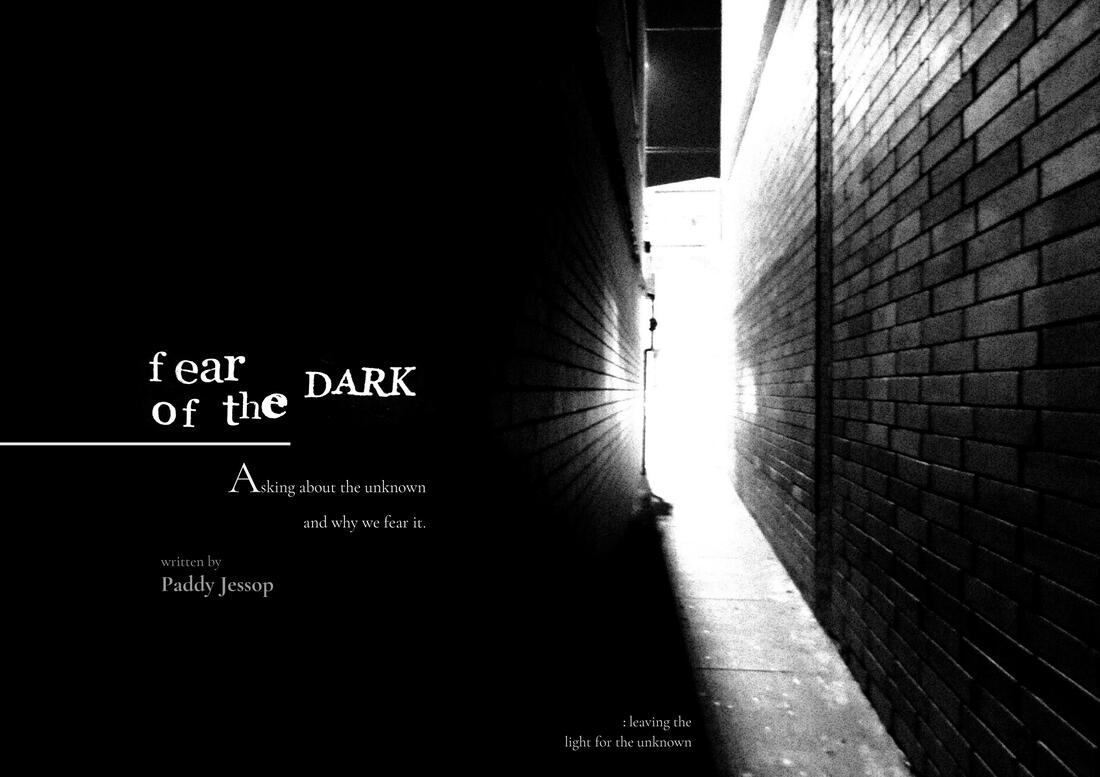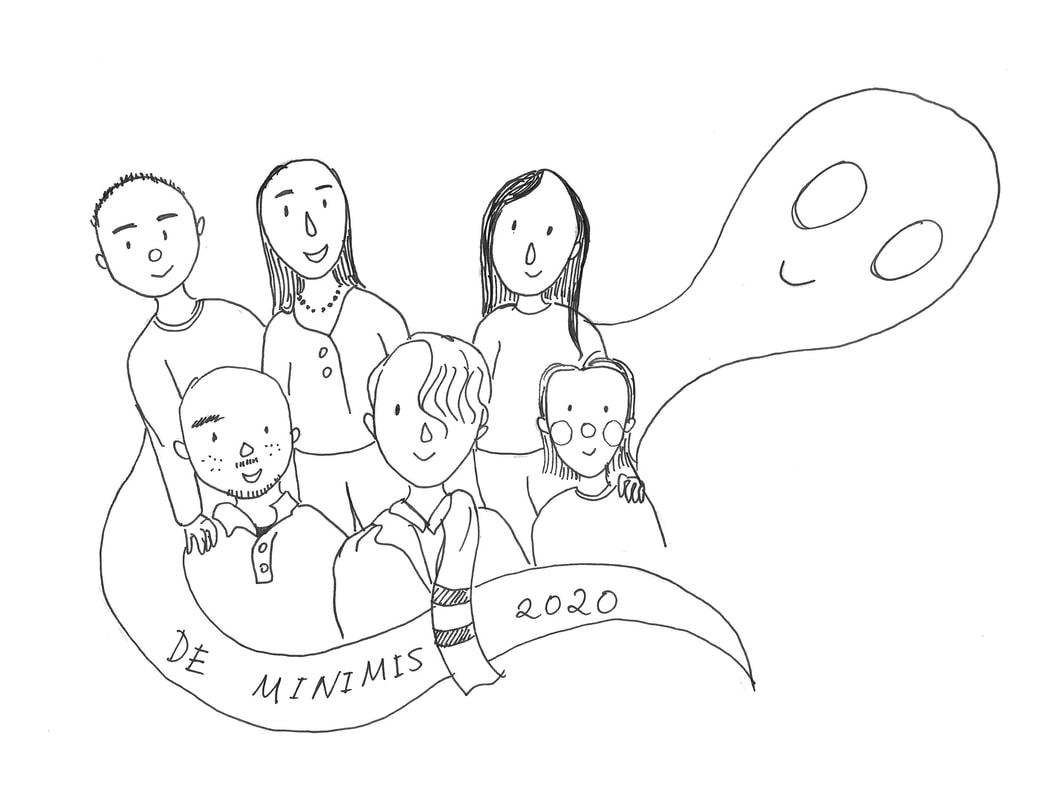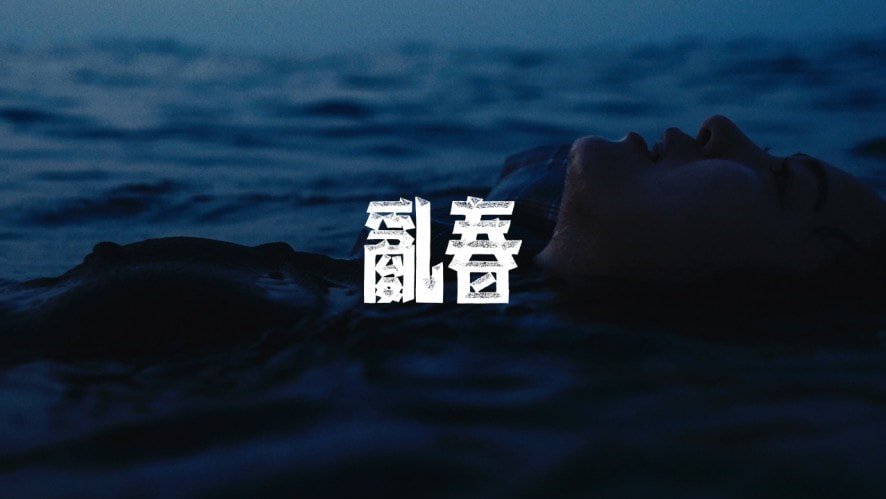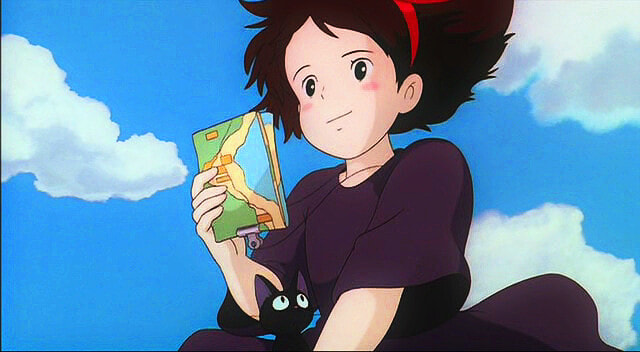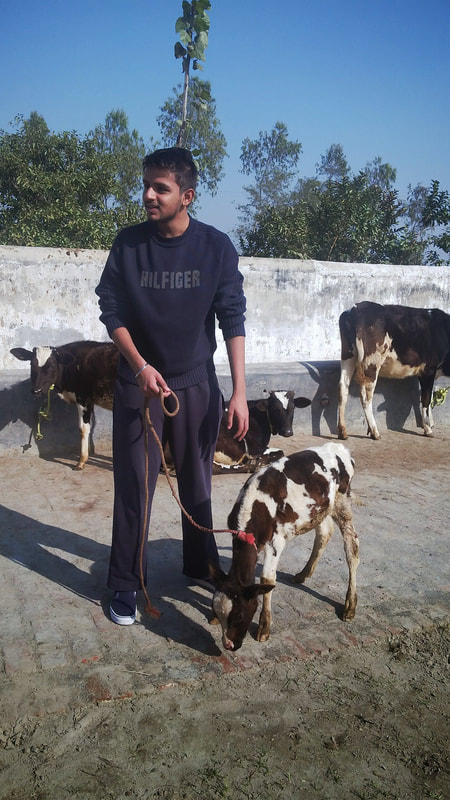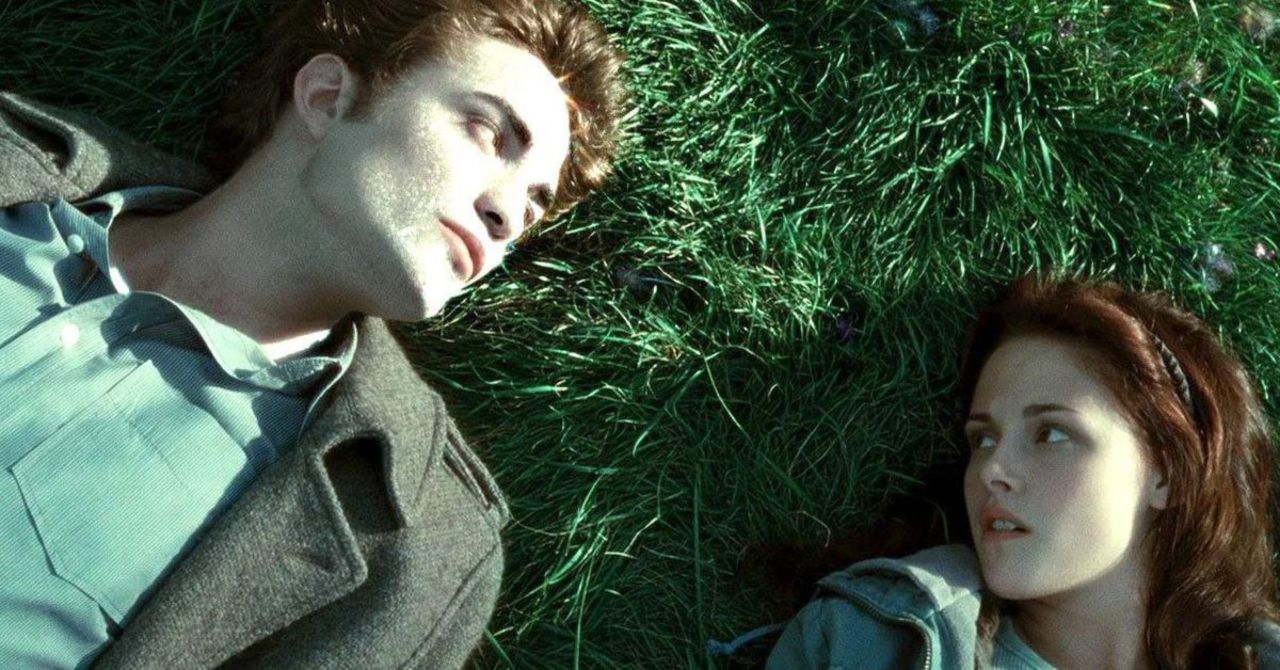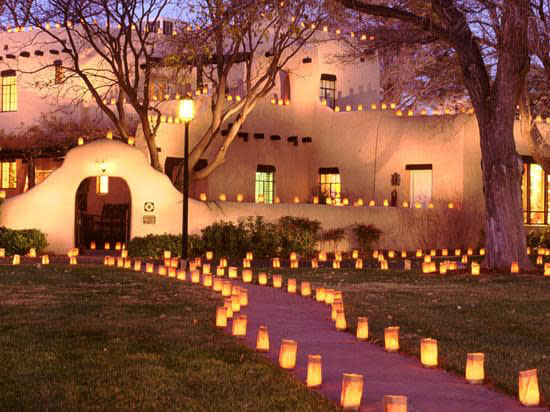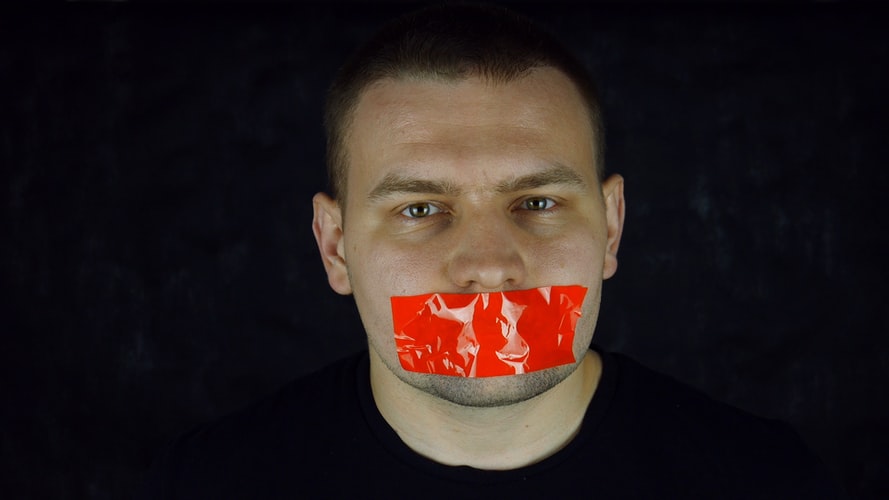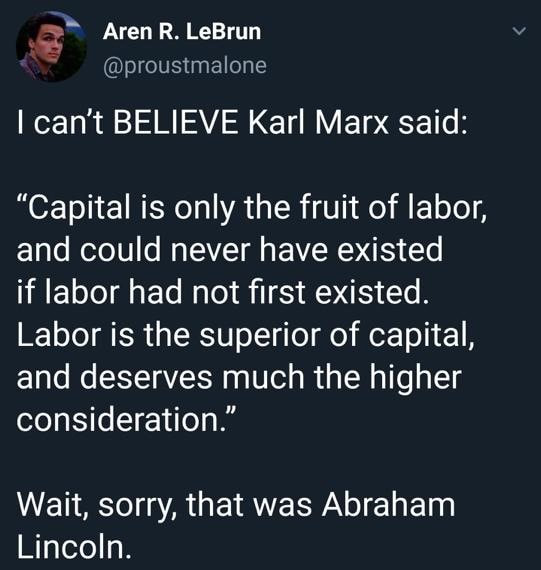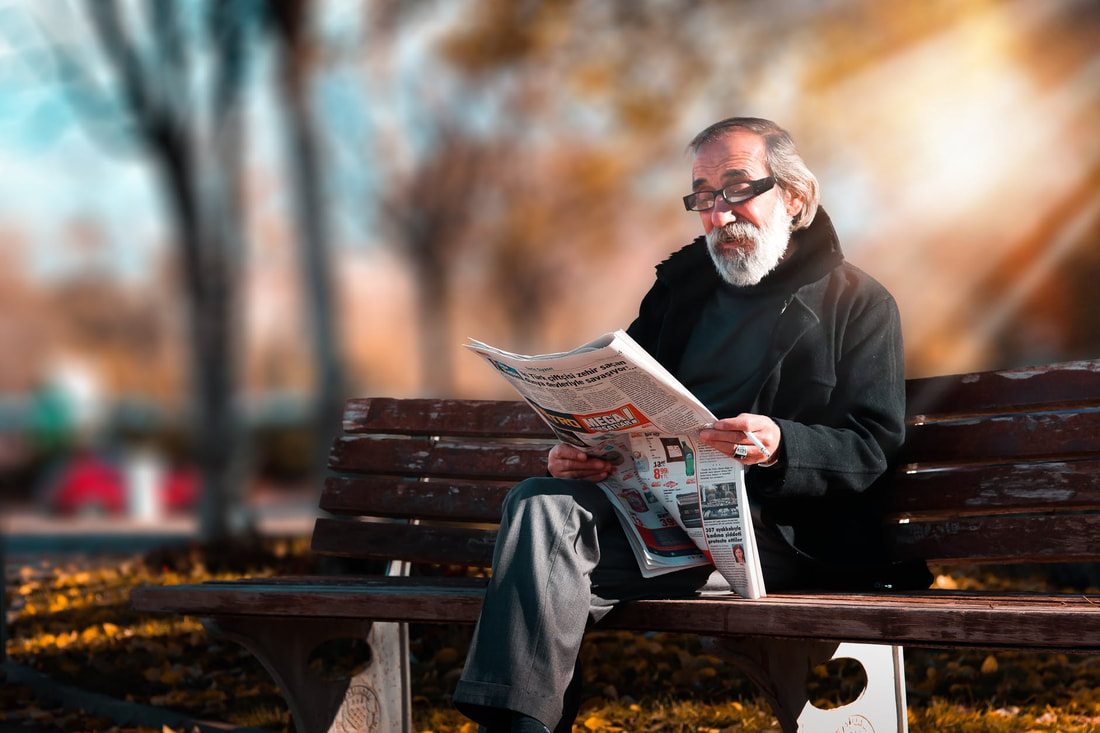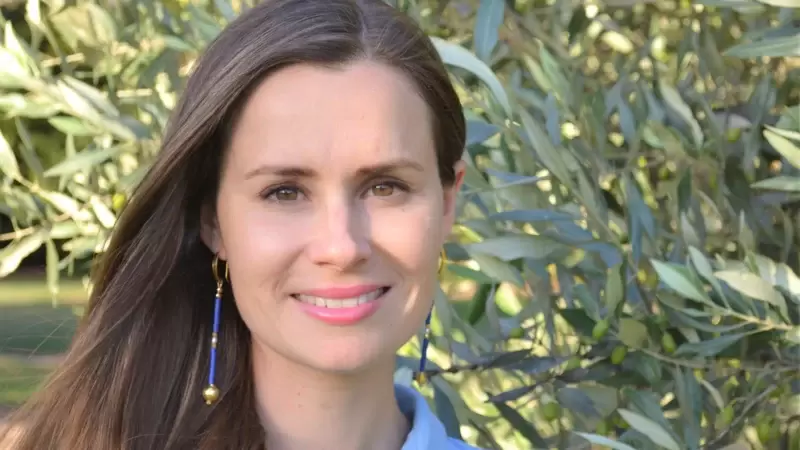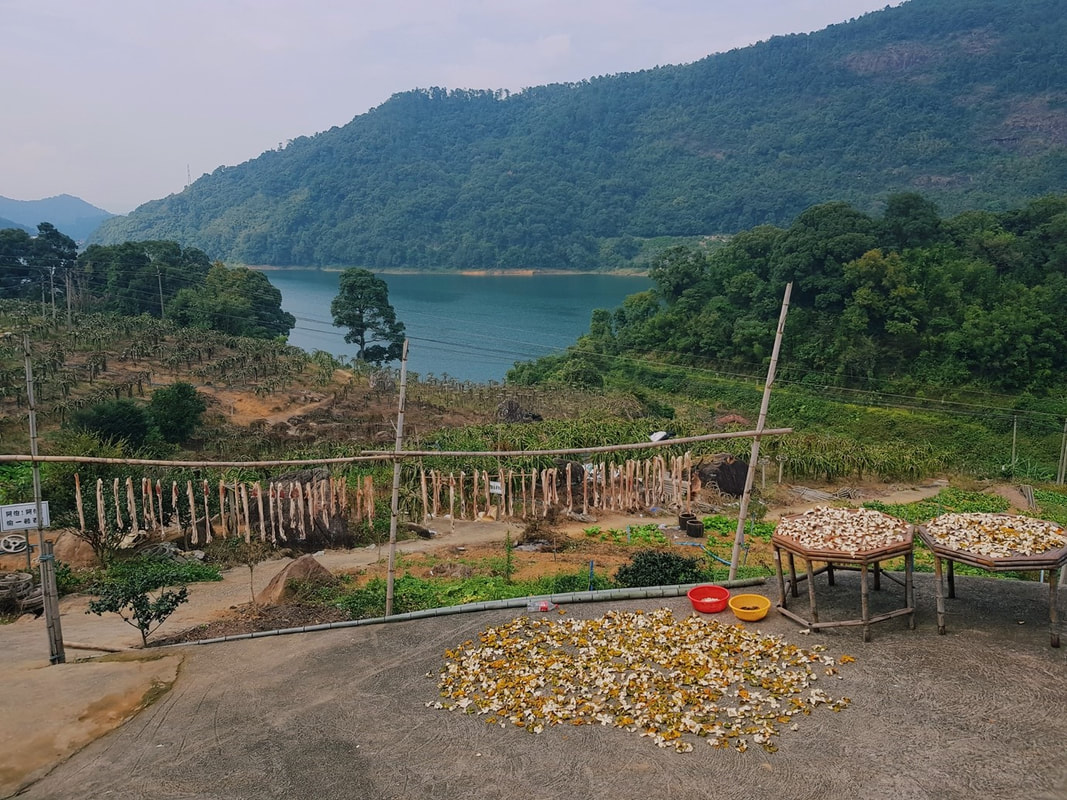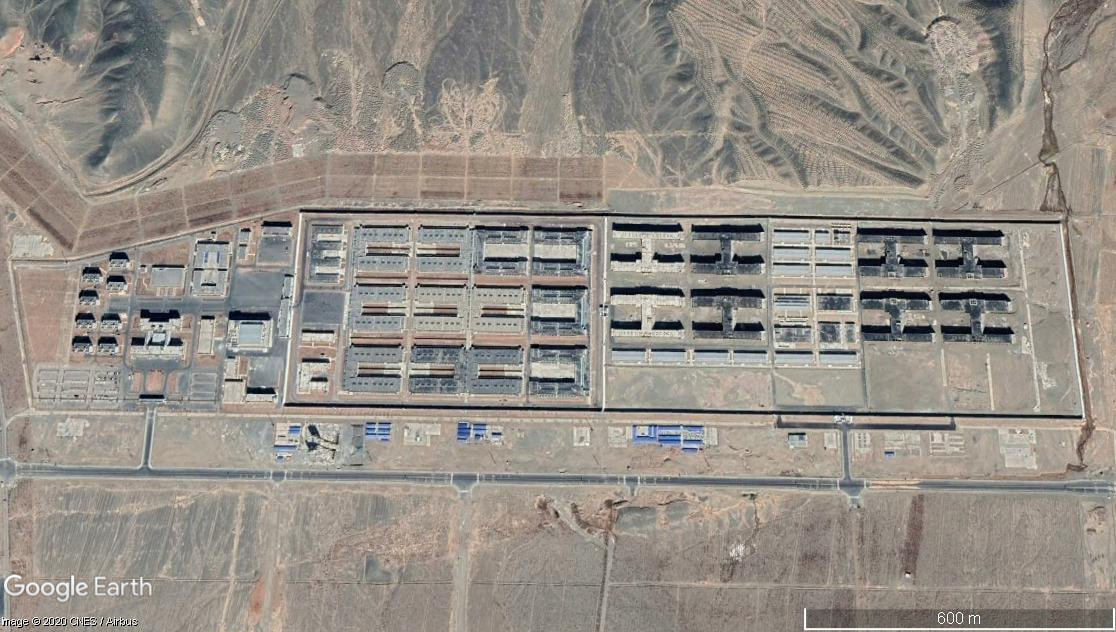|
Issue 4, Volume 18 ANONYMOUS De Min has received this anonymous drawing of the editorial team - we're flattered (?) but we're also not sure what the ghost represents? Anonymous is presumably a JD student - we'd love to know who submitted this to be honest!
Issue 4, Volume 18
AMTESH WARIACH “Pooja, what is this behavior?” probed a livid Shonali. “I’m sorry.” replied a composed Pooja “I kicked it by mistake.” “You can’t kick it by mistake.” Rebuked Shonali. Perhaps Pooja did, in fact, kick the bin on purpose. Maybe she didn’t. There is no way of knowing. Issue 4, Volume 18
GRACE PARK I had a long thought about how to express my culture and my thoughts in a cohesive and interesting way. At first I was going to do a movie review of ‘Train to Busan’ and its recent sequel ‘Peninsula’, but I got a little too sentimental listening to some music. So, here are some Korean song recommendations along with some of my thoughts, specifically about us as young people living through COVID-19 and the new economic recession. Issue 4, Volume 18
YING WONG With Stage 4 lockdown in Victorian well underway and case numbers continuing much the same, many of us cynics are contemplating the bleak possibility of many more, possibly indefinite, weeks of holing up at home. Most of us have probably spent disgusting amounts of time in front of a screen recently, making the most of every cent of our monthly streaming subscriptions. So, in keeping with this time-honoured isolation tradition, here are even more movies to watch whilst locked away from the rest of this plague-begotten world. Issue 3, Volume 18
De Minimis would like to thank Rory Dempsey, Lizz Kuiper and our mysterious anonymous contributor for sending in competition poems, and we are pleased to congratulate Lizz Kuiper on winning our first competition of the semester! Please see below for a full catalogue of entries! Issue 3, Volume 18
MAX STELLA One Saturday afternoon during Uni break I had lunch with a person who informed me he had "recently been enlightened”. He told me he was on a conversational basis with a number of aliens and that these aliens were helping him explore past lives through extended, LSD-fuelled bouts of meditation. "Apparently, I used to be an African-American woman living in the Bronx," he said, brushing a strand of Irish blond hair from his blue eyes. "And before that?" I asked. "Oh many things,” he replied and began listing them like a kid boasting of all the presents he received that Christmas. "Let's see, I was an orphan, an Aztec emperor's slave, a Chinese rice farmer’s baby, an Amazonian green frog…". Issue 3, Volume 18
AMTESH WARIACH The short answer to where I come from is New Delhi, India. Delhi and Melbourne have striking similarities. If the topic is ever brought up, I never fail to point out this relationship and always remark how not only is Melbourne's facade reminiscent of home, but also its culture, people and lifestyle. But in order to be able to make such observations, much like me, you need to have privilege. I would certainly not be drawing such an audacious parallel if I was not this fortunate, so please, I request you to exercise caution when and if you read this article. Any statements I make here, apply only to the top 1% of the society and represent the points of view of that group best. Issue 2, Volume 18
LIZZIE JOHN I can recall exactly where I was when I discovered that Stephanie Meyer was finally releasing her long-awaited novel, Midnight Sun. On the couch in my family’s sunny sitting room on the outskirts of Brisbane, I laughed with chagrin and self-deprecation as I remembered the two or so years in which the Twilight Saga had ousted Jane Austen and C.S. Lewis from my personal literary hall of fame, and had consumed my every waking moment. I had devoured the 12 chapters of Midnight Sun that had been leaked in 2008 when I was 12 years old, full of second-hand angst and living in Bath, England. It was, and still is, a beautiful town that is full of obscenely wealthy ex-London bankers and their families, and that is littered with Roman artefacts and buildings that attract scores of tourists year upon year. Issue 2, Volume 18
RILEY JACKSON When I think about the place that I grew up it is hard for me to not wax-lyrical about my desert town. I have been waiting a long time to write about where I grew up. Albuquerque. It’s a place that asks for resilience from its residents, I mean, even learning how to spell Albuquerque is a task. For people who have never been there, it conjures images of High School Musical or Breaking Bad. For the people who have lived here, it is the smell of chile roasting in the autumn, hikes to the hot springs hidden in the Jemez during the summer, and the mountains at sunset turning so pink that they’re called the Sandias (watermelon in Spanish). Issue 2, Volume 18
MAX STELLA Imagine a person is invited to speak on campus whose opinions you find detestable. So detestable in fact that you organise a protest one afternoon on South Lawn, excoriating the university for allowing this reprobate character to come speak. A cross-section of students and staff from various faculties attend. To your delight, the protest is a hit: the university disinvites the figure. He will not be allowed to speak on campus. Can barring this person from speaking on campus be described as “silencing”? In other words, have you and your friends, in stopping a particular voice from being heard on campus, performed an act of “silencing” against that person? If not, why not? Issue 2, Volume 18
BREE BOOTH As the radical events of 2020 push people to the poles of the political spectrum (to use a somewhat inadequate analogy) political discourse is becoming less and less about producing just outcomes and more about one-upmanship. Relax, this is not really a political argument. No, this article attempts to bring to the reader’s attention some of the moral and hermeneutical challenges of engaging in debate in a world where information is too easy to come by, but where its validity has never been more suspect. Scrolling through social media one day, I came across a screencap of this tweet. Issue 1, Volume 18
MICHAEL FRANZ Well bloody hell. You know friends, I have to say – and I hope that our more sensitive readers will forgive the harsh language here – but this whole global pandemic business is really getting me a bit miffed. For all the obvious reasons yes, but also because seven weeks ago I had hoped that we would have something a bit more uplifting to write for the ‘welcome to semester two’ editorial. As it turns out, it’s difficult to keep mining new and compelling insights out of the collective sentiment of “oh god, this is still going on.” Issue 1, Volume 18
Out of respect for the wishes of her family, De Minimis has refrained from publicising the plight of jailed UniMelb academic Dr. Kylie Moore-Gilbert. However, in light of her recent transfer to the notorious Qarchak Prison, and after consultation with prominent journalists, we can no longer justify our silence. Students and former students of Political Science, History, or Islamic Studies: Did you take part in a course lectured or tutored by Dr Kylie Gilbert-Moore? For those who haven’t heard, our beloved University of Melbourne lecturer is currently imprisoned overseas. Students of Kylie and of the relevant schools are supporting one another and trying to advocate on her behalf, so that she may not languish in prison forgotten. If you took a class led by Kylie or would like to talk to the fellow University of Melbourne student cohort working on behalf of Dr. Kylie Gilbert-Moore, please contact Sarah McGovern at [email protected], or Max Ferguson at [email protected]. The group Melbourne University Students for Dr. Kylie Moore-Gilbert is comprised of Dr. Moore-Gilbert’s former students. Issue 1, Volume 18
The article below is the first in a weekly series created by De Minimis and Jake Huang, the MULSS International Students' Representative. During these trying times, international students are living through their unique version of challenges. With a focus on their narratives, cultures and perspectives, this series aims to remind us of the diversity of the MLS cohort, a quality that makes the MLS a truly special place. JAKE HUANG It is my pleasure to kick off this new series called International Perspectives. The Year of Rat, as my people call 2020, has been nothing but eventful. Waves of pandemic, geopolitical tensions, injustices around the world and the pressure from law school are all trying to rock us overboard. With my normal life and sense of security long lost, my goal is to at least salvage my sanity. Issue 1, Volume 18
OSCAR KESWANI At the end of 1945, the world watched in shock, as Allied troops liberated the Nazi concentration camps used to house Jews and other ‘undesirables’. The emaciated, sickly figures emerging from internment horrified the world. Yet more horrifying, were those who were never to re-emerge from Nazi captivity, their bodies packed into mass graves, or their ashes tainting the air of Eastern Europe. |
Archives
October 2022
|

